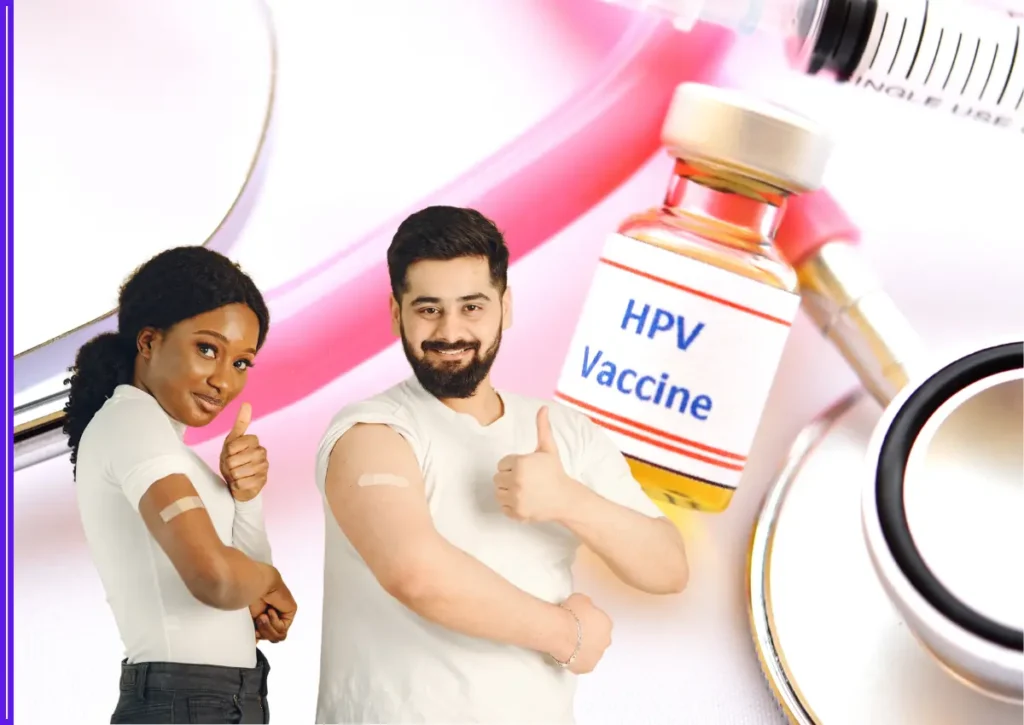Leading health experts are calling for a major shift in India’s vaccination strategy by recognizing the Human Papillomavirus (HPV) vaccine as gender-neutral. Speaking at the “Conquer HPV & Cancer Conclave 2025” in Nagpur, doctors and researchers stressed that boys must be vaccinated alongside girls to curb the spread of HPV-related cancers.

Dr. Sanjay Marathe, a senior pediatrician and keynote speaker at the event, emphasized that HPV is not just a women’s health issue. “HPV affects everyone — not just girls. It can cause cancers of the throat, anus, penis, and other organs in men as well. Vaccinating only one gender is an incomplete solution,” he said.
The HPV vaccine has long been associated with preventing cervical cancer in women, but medical data now confirms its effectiveness in preventing several cancers that affect men too. Experts at the conclave warned that while girls benefit from cervical cancer screenings, there are currently no standard HPV screening protocols for boys and men — making vaccination even more critical.
Currently, some corporate CSR programs offer just a single dose of the vaccine, which doctors say is inadequate. “The two-dose schedule is what offers strong protection,” said Dr. Marathe. “Anything less leaves children vulnerable.”
Highlighting India’s advancement in vaccine development, Parag Deshmukh from Serum Institute of India announced the availability of Cervavac, an affordable, India-made HPV vaccine. He noted that the country now has the capacity to protect its youth without relying on costly imports. “We are proud to provide a homegrown solution to a global health issue,” he said.
Doctors are urging policymakers to expand the national immunization program to include HPV vaccines for all genders, especially targeting children aged 9–14. Experts believe this is the most effective age group, as the vaccine works best before any exposure to the virus.
Dr. Meenu Agarwal, a gynecologist present at the conclave, stressed the social stigma that has held back male vaccination. “HPV is seen as a female issue, but we must change that narrative. Protecting boys also means protecting future families,” she said.
Public health advocates believe that raising awareness among parents, schools, and communities is key to increasing acceptance and coverage. With an indigenous vaccine now available, they say India has no excuse not to act.
The conclave concluded with a unified call to make HPV vaccination gender-neutral and fully accessible, marking a critical step toward reducing the burden of preventable cancers in the country.









